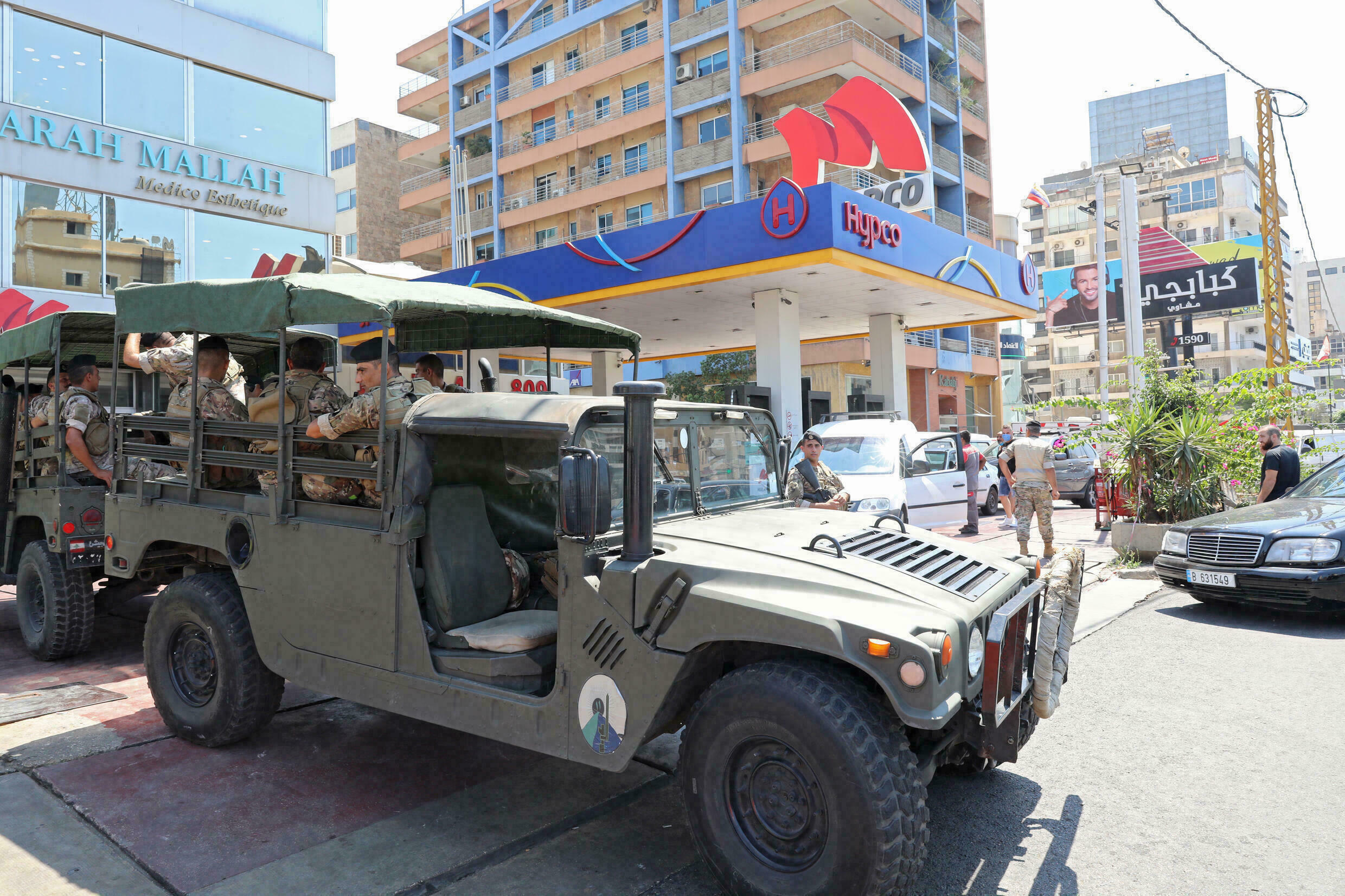Alwaght- The unprecedented economic crisis in Lebanon in recent years has had a significant impact on the living conditions of people, reducing incomes amid massive inflation and increasing poverty and making access to public services such as power and drinking water and health services difficult. Meanwhile, the recent decision of the central bank of Lebanon to cut fuel subsidies, which led to a 33 percent increase in the price of this commodity and its scarcity, made the situation even more difficult for citizens, stirring protests afresh.
But in the midst of popular protests over the sudden rise in fuel prices, a rift between Lebanese politicians has escalated, with Saad al-Hariri, leader of the Future Movement and the March 14 Alliance, calling on Lebanese President Michel Aoun to step down due to his "inability to manage the situation" especially the explosion of a fuel tank in Akkar that led to death of 28 and injury of more. Hariri's request was a remarkable reminder of last year's suspicious explosion in the port of Beirut and its political aftermaths, which led to the resignation of Hariri's other rival, Prime Minister Hassan Diab.
Massive ambiguities in the Beirut port explosion case, which remain unresolved, have raised the expectation among Lebanese citizens that the perpetrators will be brought to justice. Meanwhile, the course of events after the explosion of the port of Beirut and the Akkar blast are suspicious, as it indicates the repetition of a similar scenario, a scenario possibly designed to maintain Lebanon into crisis.
The most important reason that proves the purposefulness of the plan to increase the price of fuel at the present time is the rays of hope recently emerged about an agreement among the political groups to form a cabinet in the coming days. Following Hariri's failure in his second attempt to form a cabinet in a year, former Lebanese Prime Minister Najib Mikati was appointed by Aoun.
While a wide gap between Hariri and the president's expectations dashed any hope of reaching an agreement in the far future, in the short time Mikati's candidacy has created a positive atmosphere in the cabinet formation process and, according to sources familiar with the talks, the only remaining challenge is the post of interior ministry.
"If God helps, the government formation is close and I personally cannot make it longer… and in cooperation with President Aoun I hope things go well," said Mikati.
But in the middle of this, the central bank, governed by Salam Fayyad, one of the old figures close to Saudi Arabia and Hariri, unilaterally decided to massively cut fuel subsidies in a controversial decision that was met with much opposition, rekindling the protest crisis. This raises questions: Was it really necessary at present to reduce the fuel subsidies at once and not gradually? Could not the influential central bank governor who is already accused of making politically-motivated decisions wait for after the new government is formed, especially that the international donors tie handing the financial aids to Lebanon to formation of a new cabinet? Not consulting the officials about this significant decision which has substantial economic consequences on the people's living conditions, was another criticism against Fayyad, promoting the speculation that political motivation was behind the decision.
Another important issue is the fuel tanker explosion with high casualties. After the blast, protesters stormed the building where Mikati lives in Beirut, according to the PM-designate. The blast and even the storming may have been arranged to force him to step down from the cabinet-forming mission. At the same time, Saad Hariri asked Aoun to resign in a bid to build public pressure against the president— a scenario that was successfully implemented after the explosion in the port of Beirut against Hezbollah-backed PM Diab, sinking his government.
The political situation in Lebanon makes the existence of foreign meddling look rife. Countries with influence like Saudi Arabia and the US have not been afraid to destroy lives of the Lebanese people to advance their agenda and neutralize Hezbollah which makes the strongest bulwark between them and the Lebanese independence and sovereignty. Certainly, the Sunday speech of Hezbollah's Secretary-General Sayed Hassan Nasrallah who blamed the US embassy in Beirut for the recent Lebanese developments is backed by reliable documents and information and comes to inform the public of a plot to repeat the dreadful incidents that followed the port blast.



























